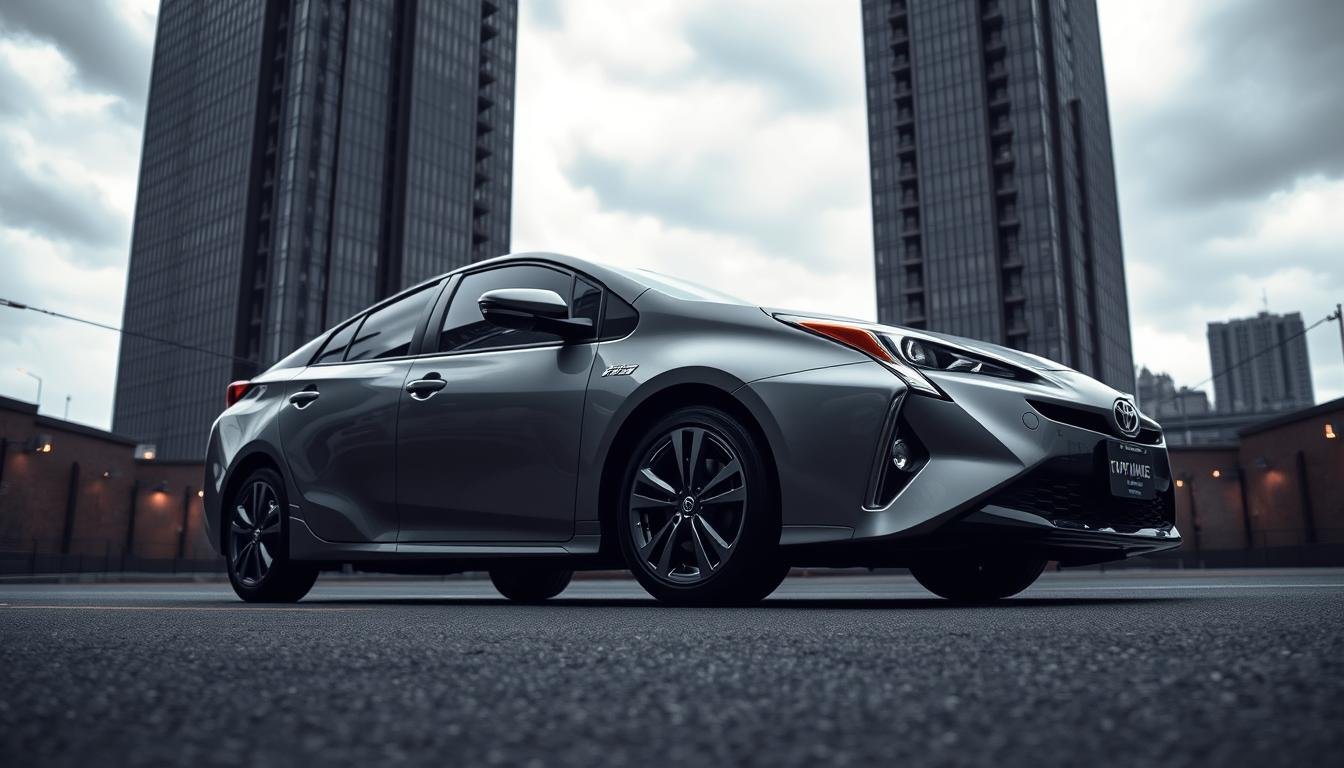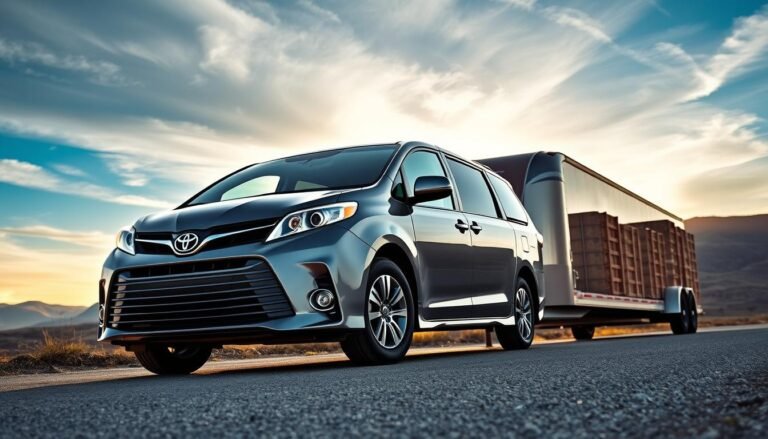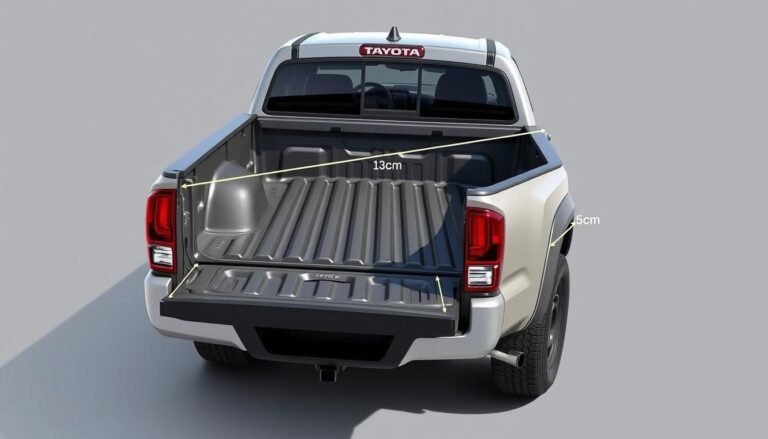Toyota Prius Years To Avoid Buyer’s Guide
Finding out which Toyota Prius years to avoid can save you lots of money and headaches. The Prius is known as a sturdy hybrid car.
However, some years have had big reliability issues. This guide will give you the info you need to pick a good Prius, avoiding the models with many problems.
You’ll learn which years of the Prius to steer clear of and what problems to watch for. We’ll explore which models got low reliability ratings and why some years got lots of complaints.
With this info, you can make a smart choice in the hybrid market and stay away from models that could cost you extra in repairs.
Choosing the right Prius is about knowing its past and considering your choices carefully. We’ll go over everything you need to know, helping you make a purchase you’ll be happy with.
Your choice will then match your hopes for the car’s longevity and how well it performs. You’ll be pleased you followed this advice!
What is The Toyota Prius?
The Toyota Prius first appeared in 2001. It marked a big step for hybrid cars. Designed for those who value fuel efficiency and the planet, it quickly grew popular.
Its history shows how tech improvements made it more appealing to those who care about the environment.
The History of The Toyota Prius
With each new model, the Prius got better looking and technologically advanced. The early versions set the standard for hybrids, aiming to reduce emissions and use less fuel.
As years passed, better batteries and engines boosted the Prius’s status as a leader in eco-friendly driving.
Now, its journey shows how it meets consumer demands while staying true to its original goals.
Why It’s Popular Among Hybrid Cars?
Many love the Prius for its great gas mileage, which saves money. It also has a small environmental footprint, drawing in eco-minded drivers.
Thanks to its dependability, affordability, and cutting-edge tech, the Prius remains a top choice among hybrid cars.
Toyota Prius Years To Avoid
When you’re thinking of buying, it’s key to know which toyota prius models to avoid. Certain years have many reports of problems.
These could lead to big costs and headaches for owners. It’s smart to be aware of these issues to make a good choice.
Identifying Problematic Models
The Toyota Prius models made between 2005 and 2012 stand out for having issues. The 2010 and 2011 models, especially, had problems with using too much oil, catalytic converter failures, and brake issues.
These problems have come up often, alerting buyers about these models’ risks.
Years with Frequent Complaints
The table below shows the Toyota Prius years often mentioned in owner complaints:
| Model Year | Common Issues |
|---|---|
| 2005 | Brake problems |
| 2006 | Catalytic converter failures |
| 2010 | Excessive oil consumption, brake issues |
| 2011 | Excessive oil consumption, brake issues |
| 2016 | Transmission problems |
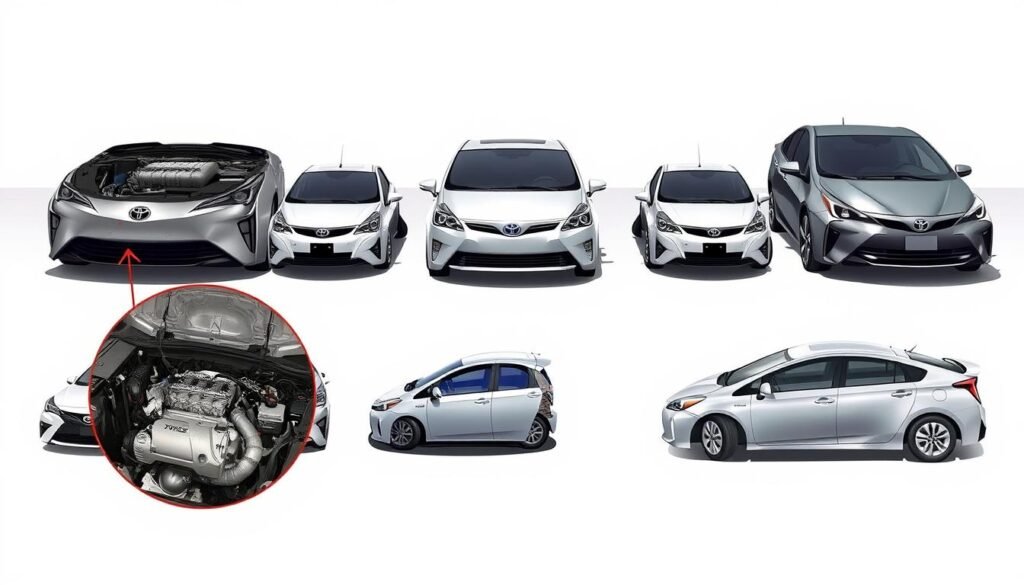
Overview of Reliability Issues
When talking about Toyota Prius reliability concerns, common problems in used models should be discussed. The Prius is known for being efficient as a hybrid vehicle.
Yet, specific issues may impact its reliability and performance. Knowing these problems helps you decide if it’s a good buy and how to care for it.
Common Problems Observed in Used Models
Prius owners have reported several common issues. A major problem is the hybrid battery wearing out in older models. This leads to less battery power and worse gas mileage.
Also, there have been problems with the brakes, mainly in the 2010-2011 models. This is something buyers need to think about.
Impact on Vehicle Performance
These typical issues with the Toyota Prius can really affect how the car drives. For instance, a bad hybrid battery can lower gas mileage and make the car slower.
Problems with the brakes can also make driving unsafe. It’s key to know about these issues when looking for a used car.
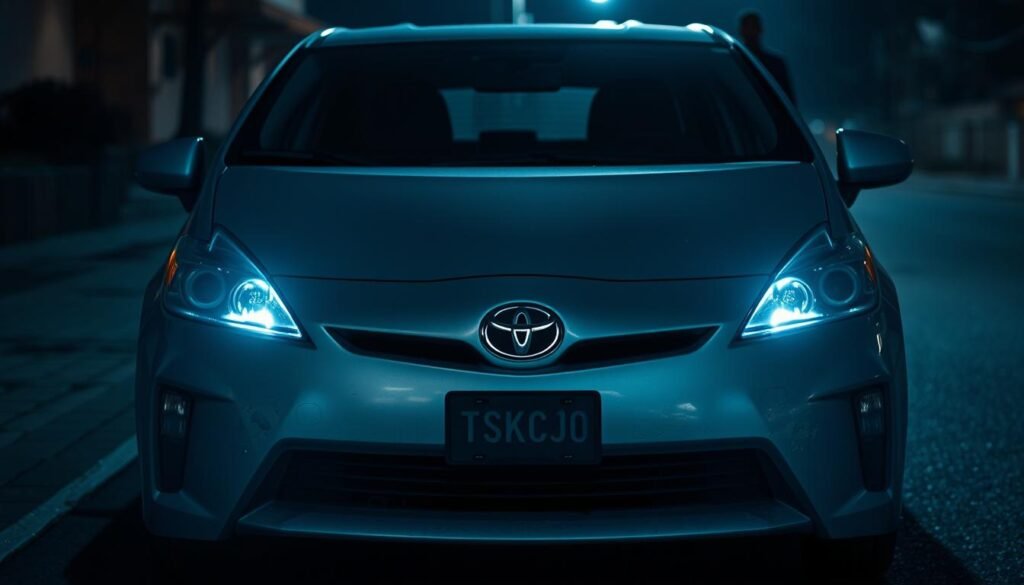
| Common Issues | Description | Impact on Performance |
|---|---|---|
| Hybrid Battery Degradation | Loss of battery efficiency in older models | Reduced fuel economy and acceleration |
| Brake System Failures | Failures particularly noted in 2010-2011 models | Compromised safety and driving control |
Specific Years with Notable Concerns
When you’re thinking about buying a Toyota Prius, knowing which years to avoid is key.
Some model years, like 2007 and 2010, have had big problems. These models were recalled and had many complaints about how they perform.
Detailed Breakdown of Problematic Years
Check out this table for an overview of the Prius years to watch out for. It shows the main issues and recalls for different models.
| Model Year | Common Issues | Recall Instances |
|---|---|---|
| 2007 | Headlight failures, excessive oil consumption | Multiple recalls due to safety defects |
| 2010 | Battery drain, brake system concerns | Notable recalls for braking system failures |
Owner Feedback and Recall History
Many Prius owners have shared their frustrations about repairs and maintenance. These stories highlight the struggles with some models, especially from 2007 and 2010.
Knowing about these recalls helps you make better decisions and might save you money.
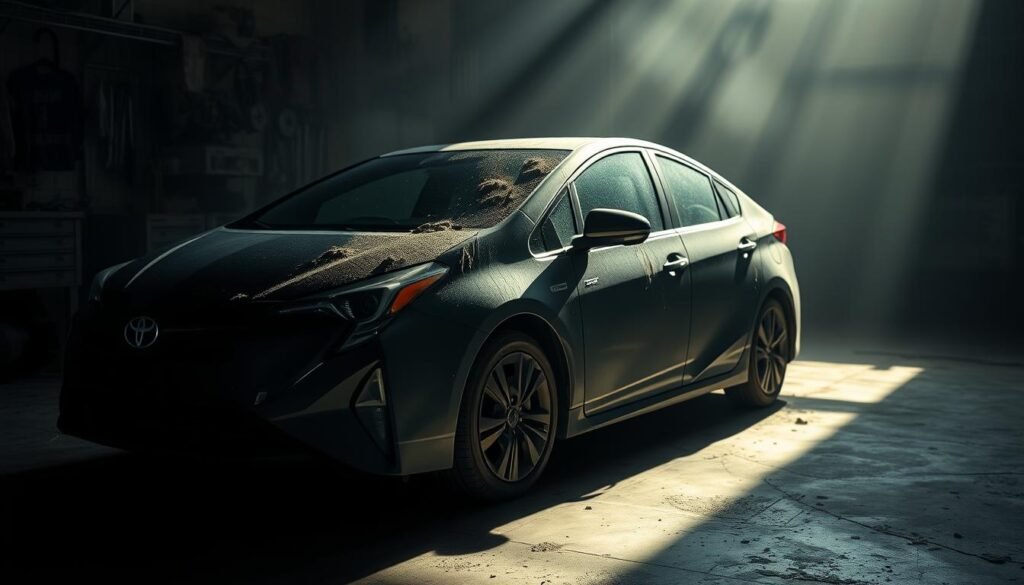
Common Problems with Toyota Prius
The Toyota Prius is praised for its fuel efficiency and environmental perks but has its share of issues.
Knowing these toyota prius known issues helps you deal with possible downsides. We’ll talk about the common problems with Prius models here.
Battery Degradation Issues
Battery problems are a big worry for Prius, especially the ones made between 2005 and 2009.
Owners have seen a drop in the hybrid system’s power as the battery gets older. This leads to less fuel savings and a weaker driving feel.
Keeping an eye on your battery’s condition can help slow down this issue, but sometimes, a new battery is needed for the car to last longer.
Brake System Failures
The 2010 and 2011 Prius models often have brake issues. Faulty parts can make the brakes act up, causing unexpected stops.
Getting your car checked regularly and fixing issues quickly can make your Prius safer to drive.
Electrical System Malfunctions
Some of the older Prius cars have electrical problems. Things like weird display readings or functions not working can happen, making driving stressful.
Being aware of these toyota prius known issues lets you handle problems wisely. Taking your Prius for regular checks keeps it running smoothly.
Evaluating The Prius Reliability
Looking at the Toyota Prius’s reliability means comparing it to other hybrids. This helps you decide whether to buy or how to take care of it.
Reliability Ratings Compared To Competitors
RepairPal gives the Prius a reliability score of 4 out of 5. This score is high compared to other midsize cars. It shows the Prius is more reliable than many hybrids.
Prius owners face fewer problems. This makes the car a top pick for those who want a dependable hybrid.
Average Repair Costs and Maintenance Frequency
Maintaining a Toyota Prius costs about $408 yearly. This suggests problems are generally not severe. Plus, it doesn’t need repairs as often as other cars.
The cost for upkeep is reasonable. This lets you enjoy owning a hybrid without worrying about big bills.
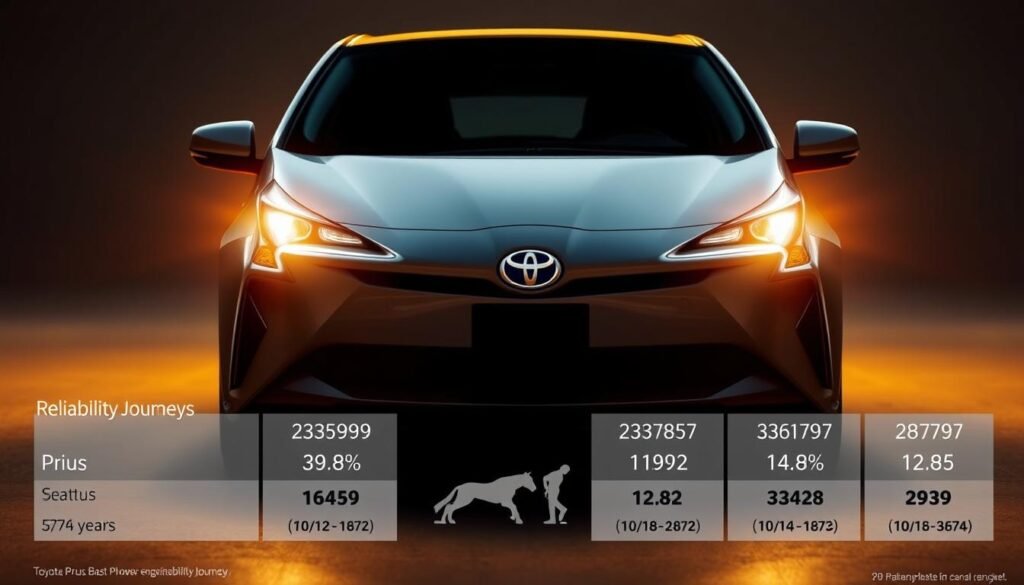
Which Toyota Prius To Stay Away From
When thinking about buying a Toyota Prius, it’s key to know which ones to skip. Some years are known for big reliability problems, making them bad picks for buyers.
Knowing which models to avoid will steer you toward a more reliable car.
Identifying Models at Risk of Major Repairs
Some Toyota Prius models, especially from certain years, are infamous for needing major repairs. Watch out for:
- Prius models from 2010 and 2011, known for battery problems.
- The 2009 model, which has lots of electrical system complaints.
- 2012 models, which often have issues with the brakes.
By knowing these models, you can make wiser choices and dodge potential problems later.
Tips For Avoiding These Models
Knowing what to look out for is crucial when hunting for a dependable Toyota Prius. To avoid unreliable models, here are some pointers:
- Look closely at vehicle history reports for any past problems or accidents.
- Search for any recalls on the year and model you’re interested in.
- Do a thorough check of the car in person to see how it’s holding up.
- Check online forums and databases for what other owners say about the car’s reliability.
Using these strategies can help prevent buying a Prius that could disappoint you. Being informed about which Toyota Prius models to avoid will help you make smarter decisions when buying a car.
Finding Reliable Toyota Prius Alternatives
Looking for a car? It’s wise to check out reliable Toyota Prius alternatives. While the Prius is great, there are other cars from 2013 on that might suit you better.
They come with cool updates in design and tech. By looking at these options, you can find something that fits what you need and can afford.
Most Reliable Model Years To Consider
You’ll get the most for your money by picking the best Prius model years. People love the 2013, 2014, and 2015 models for their reliability.
These years boast better batteries, safety features, and tech. They’re a smart pick for anyone shopping for a car.
Best Value Toyota Prius Options
When money’s tight, some Prius models are especially worth it. The 2013 Prius offers a good deal with its fuel efficiency and long-lasting build.
The 2016 and 2017 models are also good bets. They have lots of features but won’t empty your wallet.
| Model Year | Reliability Rating | Key Features | Estimated Price Range |
|---|---|---|---|
| 2013 | High | Improved battery life, Advanced safety features | $12,000 – $16,000 |
| 2014 | High | Eco-friendly technology, Spacious interior | $11,000 – $15,000 |
| 2015 | High | Enhanced infotainment system, Good fuel economy | $10,500 – $14,500 |
| 2016 | Very High | Feature-rich options, Solid road performance | $15,000 – $19,000 |
| 2017 | Very High | Updated design, Comfortable seating | $16,000 – $20,000 |
Conclusion
Learning the Prius models helps you make smart choices when buying. You can avoid years with reliability issues. This means less worry about battery or electrical problems.
So, you can pick a Prius that will be both reliable and perform well. Research is key before buying. Listen to what other Prius owners say and check the recall history.
This way, you’ll choose a car that fits your needs and makes you happy for a long time. Making a smart choice is essential for a good driving experience with your hybrid.
As you plan to buy, focus on the reliable Prius years and know the problems of some models. This guide helps you see all your choices clearly.
Knowing your options is crucial in the hybrid car world. By doing your homework, you’re on your way to a rewarding car ownership.
FAQs
What are the Toyota Prius years to avoid?
It’s best to steer clear of the 2005-2012 models. The 2016 Toyota Prius also has notable reliability concerns.
What common problems are associated with the Toyota Prius?
These cars often face issues like using too much oil and having brake and battery problems. This is especially true for the 2005-2009 models.
Why should I be cautious about the 2010 and 2011 Toyota Prius models?
The 2010 and 2011 Prius models have been reported to have brake system failures and other significant reliability issues. These could lead to expensive repairs.
How reliable is the Toyota Prius compared to other hybrid vehicles?
With a 4/5 reliability rating from places like RepairPal, the Prius is more reliable than many other midsize cars.
What maintenance costs can I expect with a Toyota Prius?
The yearly repair cost for a Prius is about 8. This makes it a more budget-friendly choice among hybrids.
How can I identify unreliable Prius models when buying used?
Look at the vehicle’s history, review any recalls, and inspect it carefully before you buy to avoid unreliable models.
Which Toyota Prius model years are considered the most reliable?
The most reliable models are from 2013 onwards. They have shown improved performance and have fewer issues reported.
What are the main benefits of owning a Toyota Prius?
Owning a Prius benefits you with great fuel efficiency, lower emissions, and cost-effective maintenance. This makes it a top choice among hybrids.

